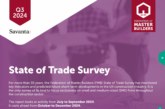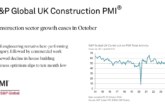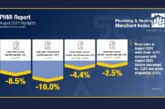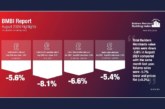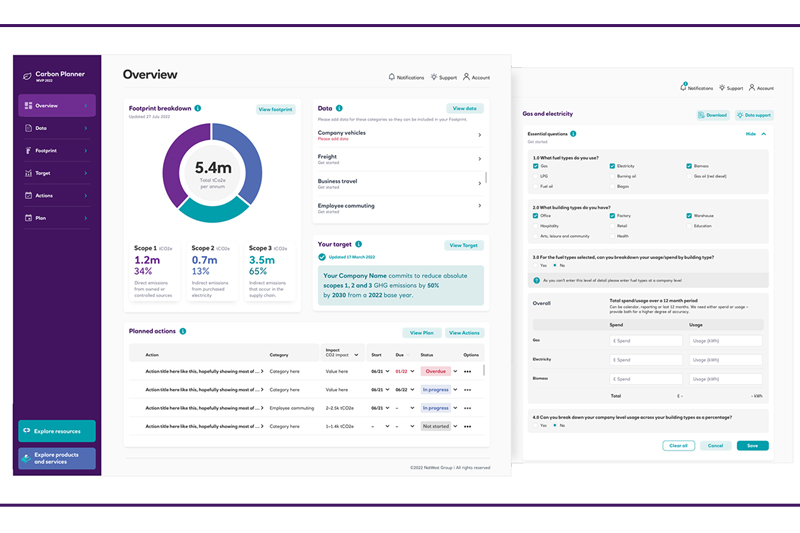
The latest research from NatWest shows that UK businesses are prioritising “searching for more efficient, low carbon energy solutions” in response to their own rising fuel bills.
The NatWest Sustainability PMI is a national survey which measures attitudes and actions amongst Purchasing Managers across the UK, and the latest data highlights just how concerned UK businesses are about the rising cost of energy.
According to the latest results, three-quarters (76%) of large UK businesses are urgently searching for more efficient, low carbon energy sources in 2023. And of the five key sustainability priorities measured, switching to low carbon energy sources ranked as the highest priority for large UK businesses.
Amongst SMEs, this priority is lower and has actually fallen since the last quarter, however such businesses are instead prioritising sustainability measures they feel are more achievable in the wake of rising costs, such as recycling (51%) vs low carbon energy consumption (44%).
To support all businesses, and not only its existing customers, through the current cost-of-trading crisis, NatWest has created a new Carbon Planner tool — a free to use digital platform designed to help cut businesses energy costs, whilst reducing their carbon footprint.
The bank’s Carbon Planner provides personalised actions based on user-data, enabling users to make better informed decisions when looking to reduce their carbon emissions. Businesses can benefit from “vital information” such as the potential savings of adopting sustainability measures and the time it will take to earn a return on investment.
Around two thirds of businesses that sign up to the NatWest Carbon Planner are already making use of the tool to create a transition action plan, and the launch follows the bank’s broader commitment to lend £100bn to businesses in Climate and Sustainable Funding and Financing by 2025.
Making a business case for investment in sustainability is seen as a key barrier to progress, however, NatWest’s A Springboard to Sustainability report, published November 2022, estimated that there is a potential £175bn revenue opportunity available for the UK economy through the decarbonisation and the drive to Net Zero. In order to secure this, 40,000 new SMEs are needed by 2030 — creating a potential 260,000 extra jobs.
Solange Chamberlain, Chief Operating Officer, Commercial & Institutional, NatWest Group said: “Businesses of all sizes are coming under increasing pressure due to rising energy costs. Our new Carbon Planner tool is designed to help navigate these challenging conditions by providing a clear case for investment in sustainability through equipping businesses with greater insight into areas of high-energy and high-carbon consumption.
“Looking at this latest data, it’s clear that while large businesses are perhaps more able to switch to low carbon energy sources, SMEs continue to need our support. Our Carbon Planner is designed to be easy to use and applicable regardless of the size of the organisation.”
Click here for more information on the NatWest Carbon Planner.
The NatWest Carbon Planner was “customer-led in design” and developed with the insight of more than 2,000 businesses. It takes a business through four practical steps to help them take action:
Inform — lets businesses know their current emission hotspots and suggests alternatives
Diagnose — helps firms understand what is best for their business
Plan — supports businesses in developing a plan of action
Deliver — signposting potential options available to help them to take actions to help their business and have the potential to reduce impact on the environment





